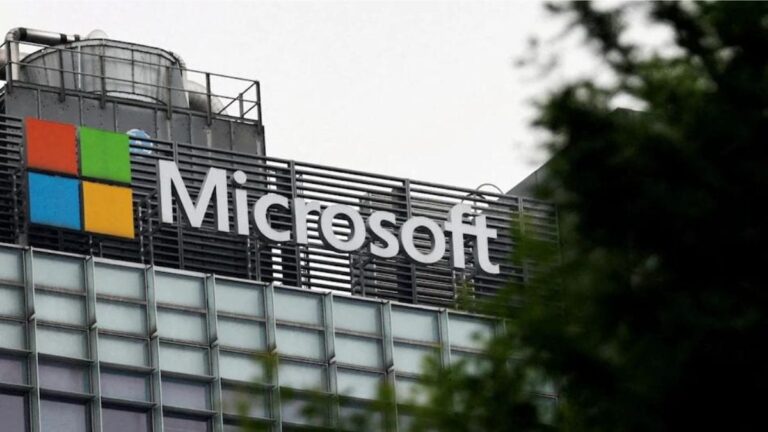The Microsoft-OpenAI partnership could face an EU antitrust investigation after EU regulators specifically cited antitrust clauses, while Google’s artificial intelligence deal with Samsung has also come under scrutiny.
Margrethe Vestager, the EU’s top competition official, said on Friday that EU antitrust regulators would seek further opinions from third parties.
The moves underscore regulators around the world’s fears that big tech companies will leverage their advantages in new technologies and echo their market power in other areas.
In March, Vestager sent a survey to major tech companies, including Microsoft, Google, Meta’s Facebook and ByteDance’s TikTok, about AI partnerships.
“We are reviewing the response and are currently sending additional requests for information about Microsoft’s OpenAI agreement to understand whether certain exclusivity clauses may have an adverse effect on competitors,” she said at the conference.
Reuters first reported that EU regulators were preparing a case that could lead to an investigation into the companies’ partnership.
A Microsoft spokesman said: “We stand ready to respond to any further questions the European Commission may have.”
Vestager said the Microsoft-OpenAI partnership is not subject to EU merger rules because it lacks administrative powers.
OpenAI’s parent company is a non-profit organization, but Microsoft has invested $13 billion (roughly Rs 1,08,425 crore) in the for-profit subsidiary for a 49% stake.
Vestager also raised concerns that big tech companies are blocking smaller AI developers from reaching users and businesses.
“We are also requesting information to better understand the impact of an arrangement between Google and Samsung to pre-install Google’s smaller Gemini Nano phone on certain Samsung devices,” she said.
In January, Google signed a multiyear deal with the South Korean company to incorporate its generative artificial intelligence technology into Samsung’s Galaxy S24 series of smartphones.
Vestager also said the company is looking at “hiring by acquisition,” whereby companies buy other companies primarily for talent. Case in point: Microsoft’s purchase of startup Inflection for $650 million (roughly Rs 54.22 crore) in March, when it was able to leverage Inflection’s model and hire most of its staff.
“If these practices fundamentally lead to concentration, we will not allow them to get around our merger control rules,” she said.
© Thomson Reuters 2024
Will the Nothing Phone 2 be a successor to the Phone 1, or will the two coexist? We talk about the company’s recent phone launch and more in the latest episode of Gadgets 360’s podcast, Orbital. Orbital is available wherever you get your podcasts, including Spotify, Gaana, JioSaavn, Google Podcasts, Apple Podcasts, and Amazon Music.
Affiliate links may be automatically generated, please see our ethics policy for more information.
Source link


